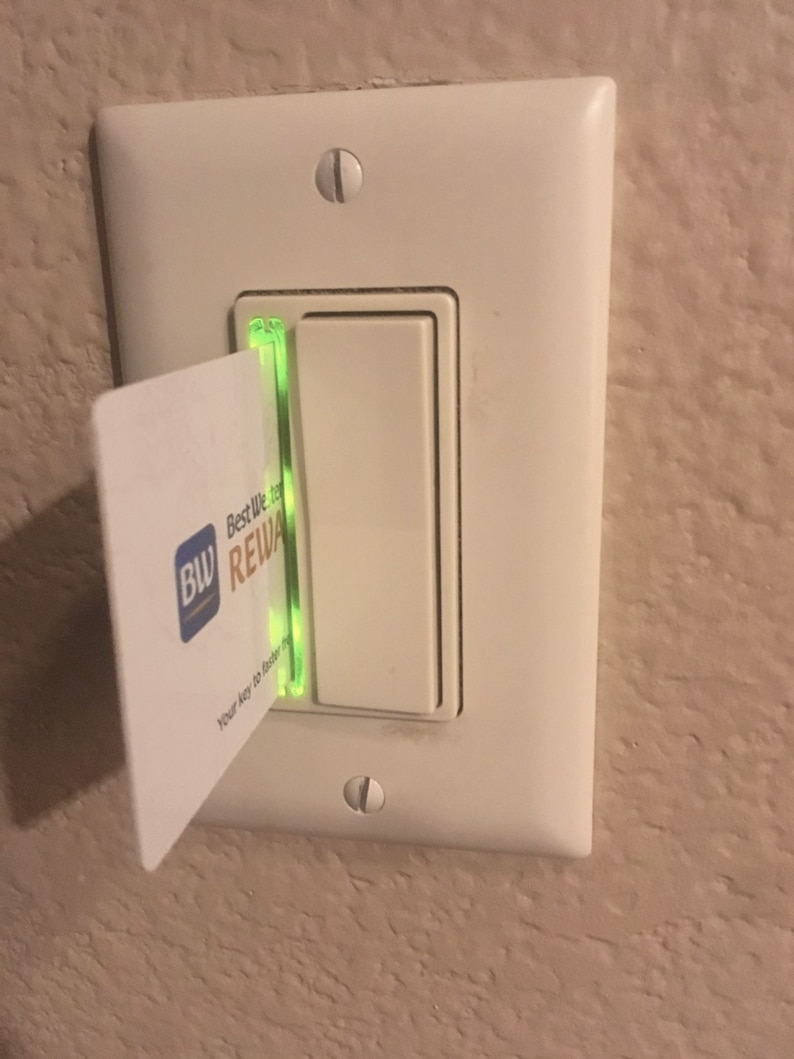
Ti me and time again as coaches we run into examples in business where leadership hasn’t communicated the “why” of a mandated change and/or isn’t holding staff accountable to implementing a new process fully. Often major decisions haven’t been filtered through the lens of a company’s strategy. If you don’t have alignment throughout your organization and by-in from those with customer contact, your people will do what’s in their best interest, especially if they believe it will benefit the customer.
me and time again as coaches we run into examples in business where leadership hasn’t communicated the “why” of a mandated change and/or isn’t holding staff accountable to implementing a new process fully. Often major decisions haven’t been filtered through the lens of a company’s strategy. If you don’t have alignment throughout your organization and by-in from those with customer contact, your people will do what’s in their best interest, especially if they believe it will benefit the customer.
Take this hotel for example. Someone noticed high utility bills; air conditioners running for days on end, even when the rooms were unoccupied. Gets expensive fast! They found a solution. Wire each room’s electricity to only work when the room key is inserted in this slot near the door. The only way to make your lights and A/C work is to be in your room, because if you’re not in your room, your key won’t be in your room. Management felt and obvious solution was to require room keys to work the A/C. I wonder how many thousands of dollars they spent to re-wire all of the rooms!
And then what happened?
I can only guess that guests complained because their rooms were super-hot when they returned after a day of enjoying the city. No fun! Not only is this an annoyance to guests, it’s hard on staff to have to listen to complaints over and over, especially when they’re expected by management to hold to the party line and simply explain how environmentally friendly this hotel is.
What would you do if you were those front-line employees?
One obvious solution to this problem from the perspective of a front-line hotel employee is to put a key in the slot in every room in the hotel and leave it there! That’s what they did in this hotel I stayed in recently. They told me when I checked in that there should be a key in this slot, but in case there isn’t, they helpfully issued me an extra key.
These aren’t bad employees, just a failure of managing employee engagement during times of change.
I’m guessing customer satisfaction scores rose dramatically when employees or front-line managers made this decision. A win for everybody, isn’t it? Of course not. Don’t take the lesson from this anecdote that you need better enforcement of rules or more blind adherence to process.
You need to vet all major decisions through the lens of your strategy and make sure everyone in your organization understands and lives that strategy. All your various activities need to fit together. If you are a hotel adopting a “green” strategy, you might need to actually increase air conditioning capacity in every room in order to quickly cool rooms that have been left without electricity all day while guests are out. You might program unused rooms to shut off automatically or install a sensor at the room door that automatically turns that A/C on when the guest enters the space.
What is the equivalent situation in your business where front-line employees or managers are making innocent decisions that contradict your strategy or are costing you money? Have you thought about it from their point of view? Do you have a coherent strategy that you consistently use to evaluate your activities? Schedule a free coaching session to learn more.





